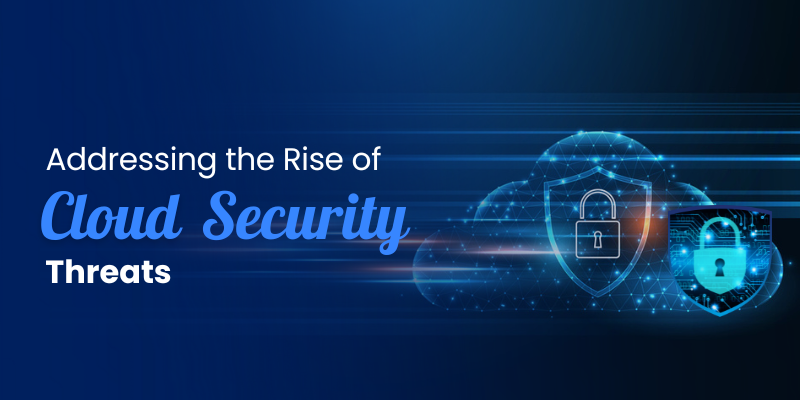How to Identify Cyber Espionage Threats in 2024
Introduction: The Growing Threat of Cyber Espionage
Globally, cyber espionage has become a serious concern in 2024. State-sponsored attacks are becoming more frequent and sophisticated. These attacks target governments, businesses, and critical infrastructure, often driven by geopolitical motives. At PrivacyPulse, we explore the increasing threat of cyber espionage, recent high-profile attacks, and measures that nations, businesses, and individuals can take to protect themselves.
Recent State-Sponsored Cyberattacks in 2024

Attack on Government Agencies in Europe
This year, a suspected nation-backed group infiltrated multiple European government agencies. The attackers aimed to gather sensitive diplomatic and defense information. They exploited unpatched software vulnerabilities for prolonged access, highlighting the need for regular updates and robust security protocols.
Intellectual Property Theft from Tech Companies
In early 2024, a cyber espionage campaign targeted major tech firms, stealing valuable intellectual property related to AI and advanced technologies. The attackers, believed to be state-sponsored, used phishing campaigns to breach networks and exfiltrate data. This incident underscores the risks faced by high-tech industries.
Energy Sector Attack in North America
A sophisticated cyberattack hit North America’s energy sector, aiming to collect intelligence on energy systems. The attackers used malware designed for industrial control systems, raising concerns about critical infrastructure vulnerabilities and potential large-scale disruptions.
How Cyber Espionage Impacts National Security, Businesses, and Global Relations

Cyber espionage has broader implications beyond the immediate targets:
National Security Threats
State-sponsored attacks can compromise sensitive data, weaken defenses, and influence global negotiations. This undermines national security and destabilizes geopolitical relationships.
Economic and Business Impact
Businesses, especially those with advanced technology or critical infrastructure, are increasingly at risk. Cyber espionage can lead to financial losses, reputational damage, and loss of competitive advantage. It also creates economic instability and undermines trust in digital services.
Global Relations and Trust
Cyber espionage often escalates tensions between nations, leading to accusations and retaliations. This can affect diplomatic relations, trade agreements, and overall global stability. Sanctions imposed on accused nations further strain geopolitical ties.
Defensive Measures Taken by Nations and International Organizations

Countries and organizations are strengthening defenses against cyber espionage:
Cyber Defense Capabilities
Many nations invest in cybersecurity infrastructure, create dedicated cyber units, and enhance their response capabilities. This includes advanced threat intelligence to identify and prevent cyber espionage.
International Collaboration
Countries collaborate by sharing threat intelligence and developing joint responses. Organizations like NATO and the EU are enhancing collective cybersecurity, recognizing that cyber threats require coordinated efforts.
Regulatory Measures and Sanctions
Governments are introducing stricter regulations on data handling and implementing sanctions against perpetrators of cyber espionage. These measures aim to deter attacks and hold responsible entities accountable.
How Individuals and Businesses Can Protect Themselves

For Businesses
Implement strong cybersecurity measures, such as regular audits, network monitoring, and employee training on phishing awareness. Encrypt sensitive data and consider adopting a zero-trust architecture to limit system access.
For Individuals
Be cautious with emails, use strong passwords, enable multi-factor authentication (MFA), and avoid sharing personal information online. Awareness is key to preventing breaches.
Conclusion
Cyber espionage remains a significant threat as geopolitical tensions rise. Individuals, businesses, and nations can better defend against evolving cyber threats by understanding the risks and adopting proactive security measures. At PrivacyPulse, we are committed to keeping you informed and prepared in this rapidly changing digital landscape.


